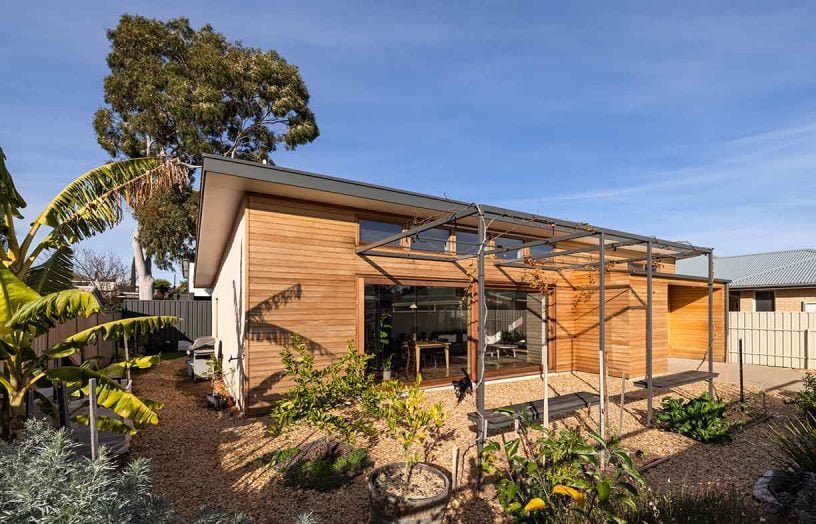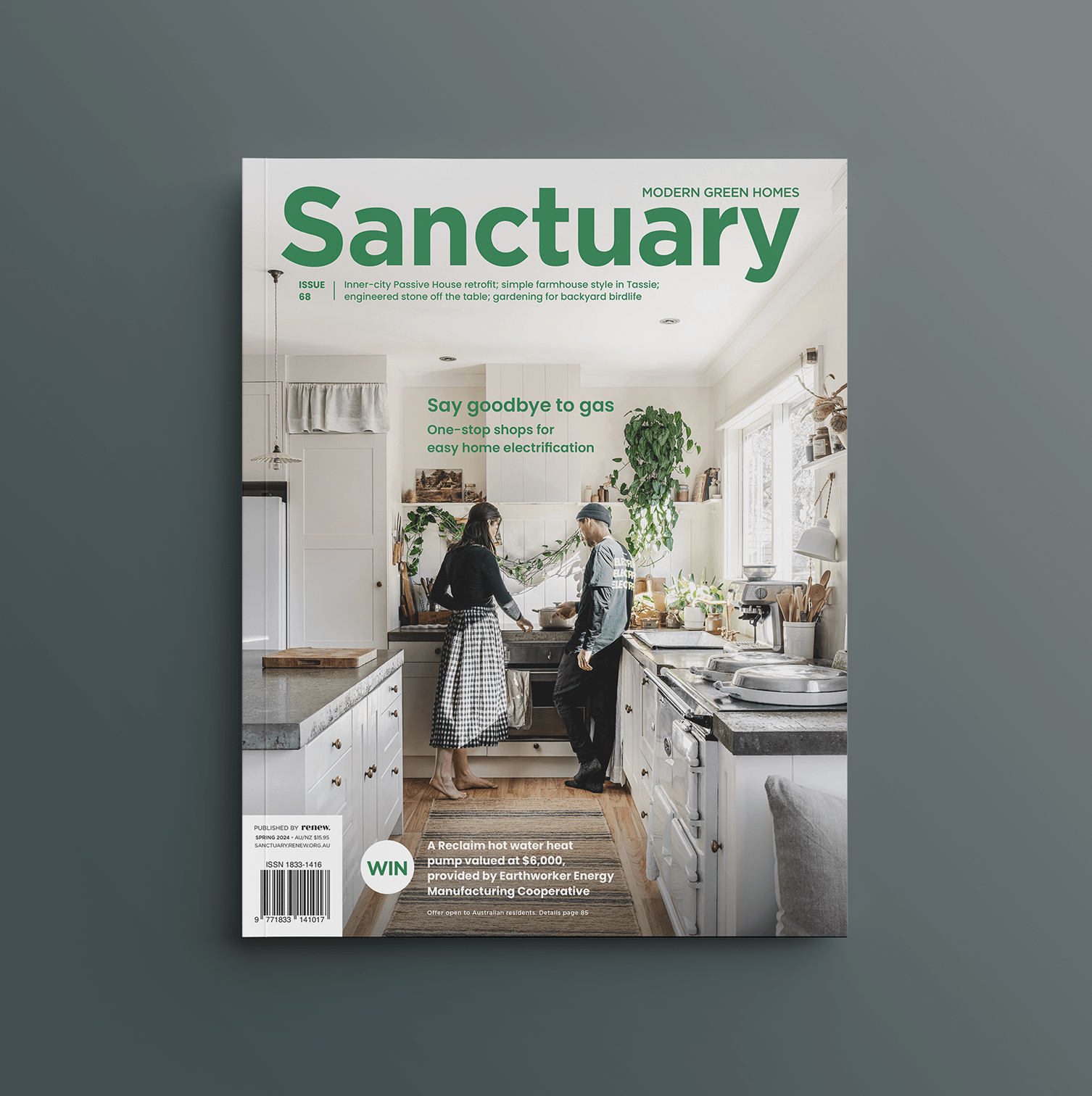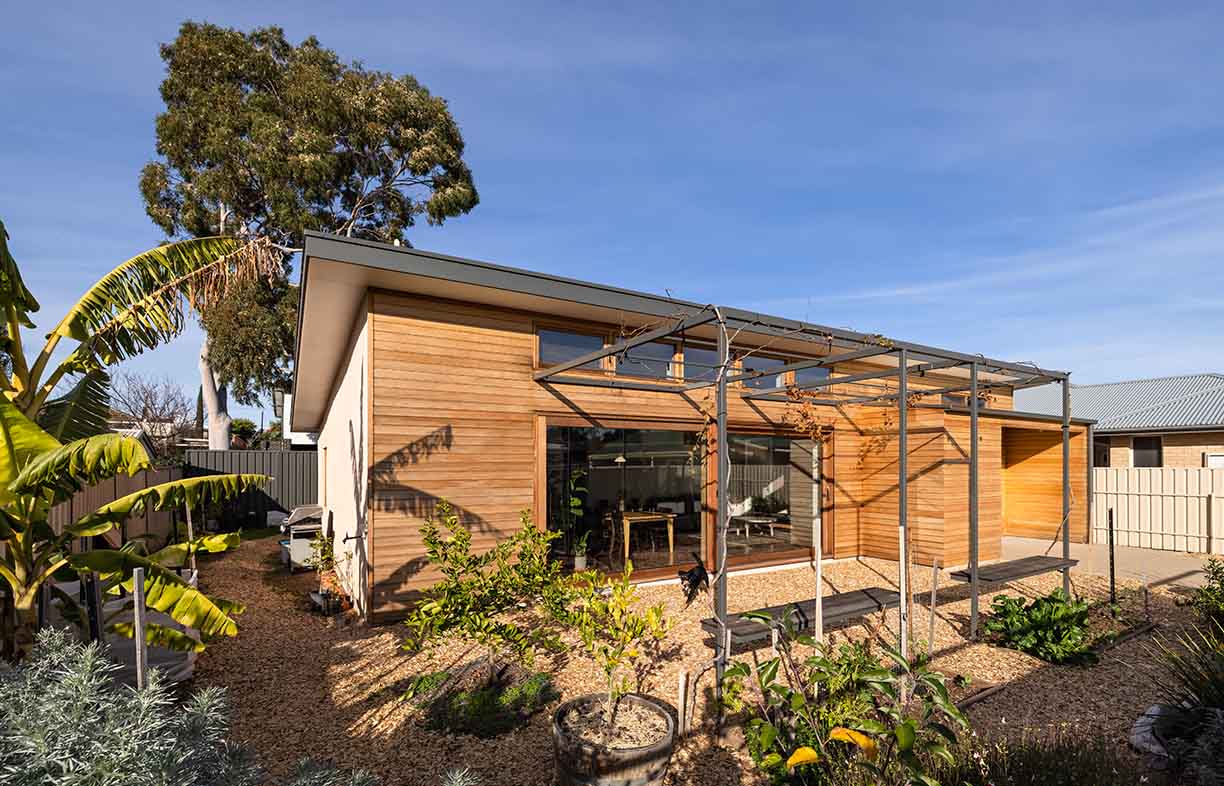Lift energy standards for new homes in 2022

A major coalition of community organisations is pushing for better home energy standards.
A coalition of 55 community organisations across the social service, housing, energy and environment sectors has called for energy efficiency standards for new homes to be increased.
State and commonwealth governments are considering lifting the minimum energy efficiency NatHERS rating of new homes to 7 Stars and introducing new requirements for homes to include efficient appliances and rooftop solar. The changes would be enacted through the National Construction Code and come into force in September 2022.
The community statement strongly backs ambitious change.
“Lifting energy standards for new homes is a win-win-win: it cuts bills, cuts emissions, makes our homes more comfortable, and reduces pressure on the grid,” said Paul Bowers, CEO of Renew.
“Renew’s analysis shows that net zero homes are not only achievable now, but already leave households with more money in their pocket than a conventional home. The energy bill savings on efficient homes are higher than the home loan cost of meeting better standards – so households are better off from day one.
“Saving people money and cutting emissions at the same time should be a no-brainer, so this is a test for whether the government is serious about delivering on its net zero commitment.”
ACOSS CEO, Dr Cassandra Goldie said “Raising minimum energy efficiency standards for new homes is essential to reducing poverty and inequality. It means everyone living in housing built in 2022 and beyond, including social housing and private rental, will benefit from cheaper energy bills and better health outcomes.”
ClimateWorks Cities System Lead, Margot Delafoulhouze said “Australia can’t afford to delay these changes.
“An estimated 1.1 million homes are expected to be built between 2022 and 2025. Our research shows that delaying cost-effective changes to the Code by just three years (for example, implementing changes in the 2025 Code instead of 2022) could cost $2 billion in household energy bills between now and 2030. The delay would also lock in 9 million tonnes of emissions to 2030 and 22 million tonnes to 2050.
“This would require more to be done by existing buildings and other, more emissions-intensive sectors, to reach net zero emissions by 2050.”
Read the full community statement backing better standards for new homes in 2022 here.
The statement comes after the release by Renew of Households Better Off: Lowering energy bills with the 2022 National Construction Code. The report finds that building net zero, 7 Star homes with solar and efficient appliances will significantly cut bills. In dual fuel homes, residents saved $1,484 a year in Hobart, $1,043 in Melbourne, $1,059 in Sydney, and $1,287 in Perth.


